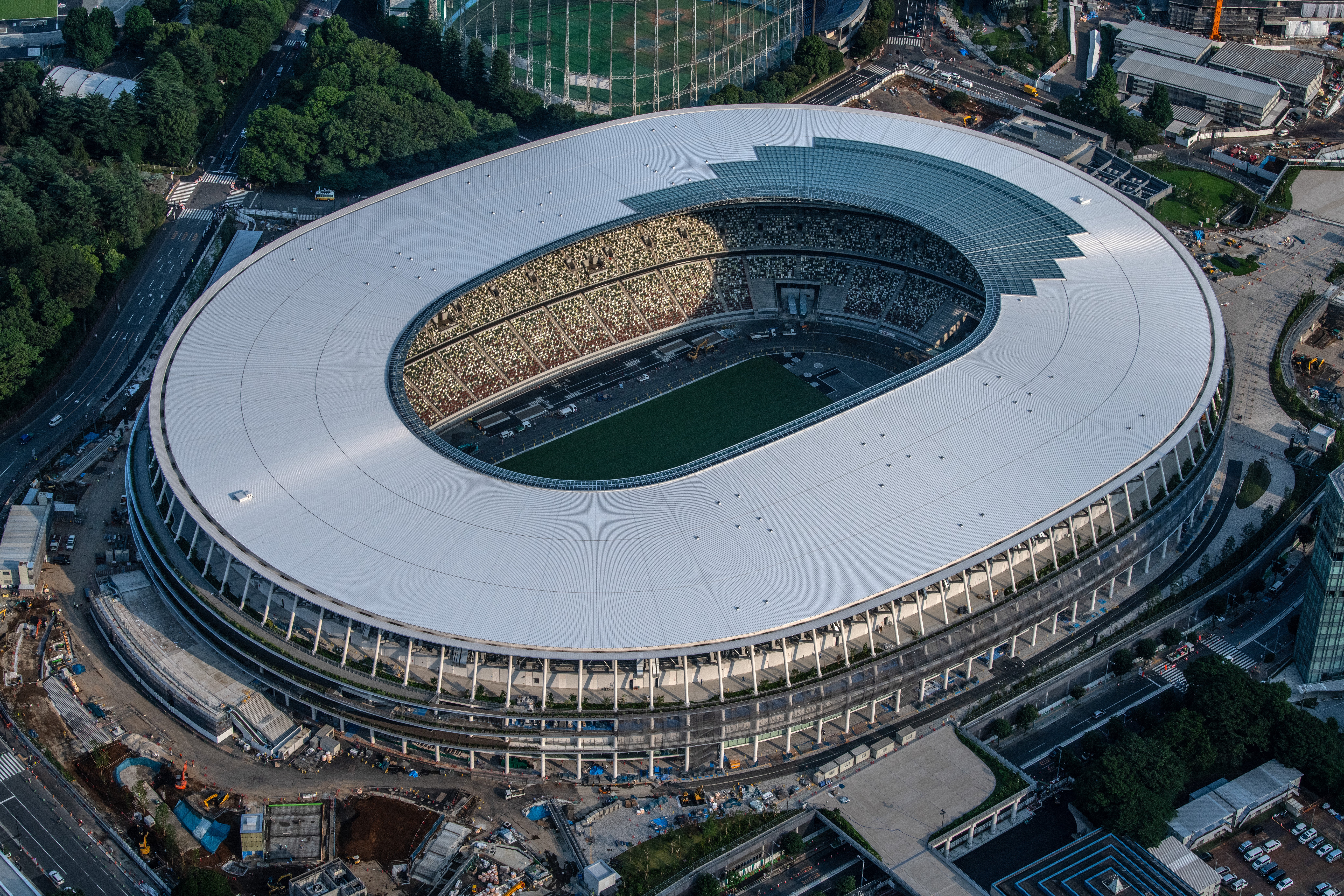20 athletes banned from Olympics for not meeting doping test rules
Nigerian team lost 10 athletes after they did not carry out necessary pre-games screening

Your support helps us to tell the story
From reproductive rights to climate change to Big Tech, The Independent is on the ground when the story is developing. Whether it's investigating the financials of Elon Musk's pro-Trump PAC or producing our latest documentary, 'The A Word', which shines a light on the American women fighting for reproductive rights, we know how important it is to parse out the facts from the messaging.
At such a critical moment in US history, we need reporters on the ground. Your donation allows us to keep sending journalists to speak to both sides of the story.
The Independent is trusted by Americans across the entire political spectrum. And unlike many other quality news outlets, we choose not to lock Americans out of our reporting and analysis with paywalls. We believe quality journalism should be available to everyone, paid for by those who can afford it.
Your support makes all the difference.Twenty track and field athletes have been banned from the Tokyo Olympics for not meeting strict anti-doping test rules.
The athletes, 10 of whom are from Nigeria, were ruled not eligible for the games after failing to meet anti-doping testing requirements, according to the Athletics Integrity Unit.
Other countries impacted by the action include Belarus, Bahrain, Ethiopia, Kenya, Morocco, and Ukraine.
Officials have not named any of the athletes involved, but the group of 20 who failed came from the 222 athletes the countries had entered in Tokyo 2020.
All of those countries are regarded as “high-risk” because of the standard of their own domestic drug-testing programmes.
The Athletics Integrity Unit, which is the anti-doping watchdog for World Athletics, requires that all athletes from a Category A country must participate in a minimum of three no-notice out-of-competition tests.
And these must take place no less than three weeks apart in the 10 months leading up to a major event, such as the Olympics.
“National Federations must play their part in supporting anti-doping efforts. The eligibility rules for athletes from ‘Category A’ countries are very clear and compliance is essential for cementing the required long-term changes and ensuring a level playing field for clean athletes,” said David Howman, Chair of the AIU Board.
“I must underline that there have been significant improvements in anti-doping efforts in most ‘Category A’ countries thanks to this rule.
“It is clear that the relevant National Federations in conjunction with their National Anti -Doping Organisations have started to take their testing responsibilities seriously, and I thank them for their efforts, but there remains a long way to go in some circumstances,” he added.
Nigeria was added to the Category A list in 2020 after a “continued period of weak domestic testing levels”, according to the AIU.
Track and Field begins competition on day seven of the Tokyo Games, and the new Olympic stadium will be in use for the first time since the opening ceremony last Friday.
Join our commenting forum
Join thought-provoking conversations, follow other Independent readers and see their replies
Comments